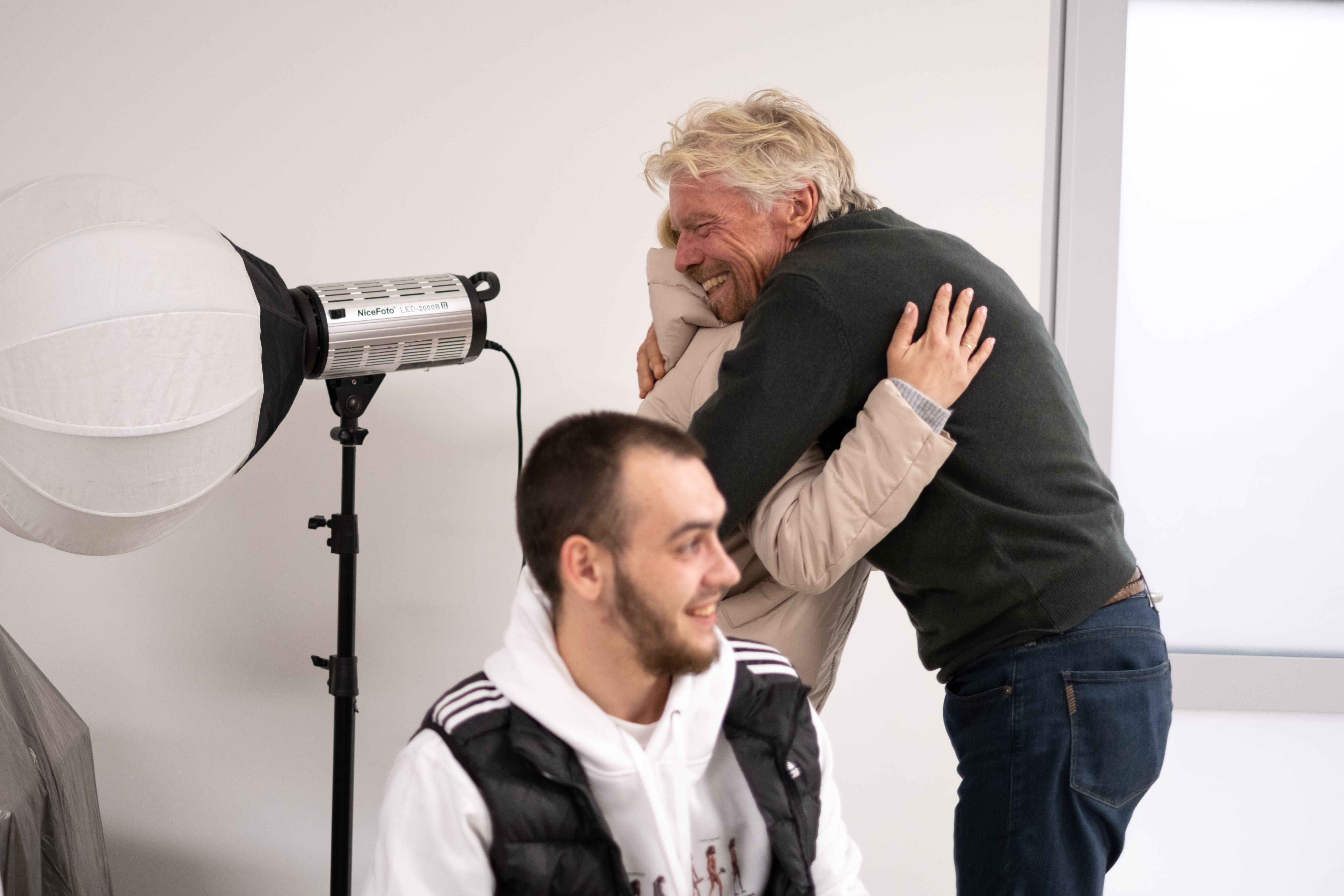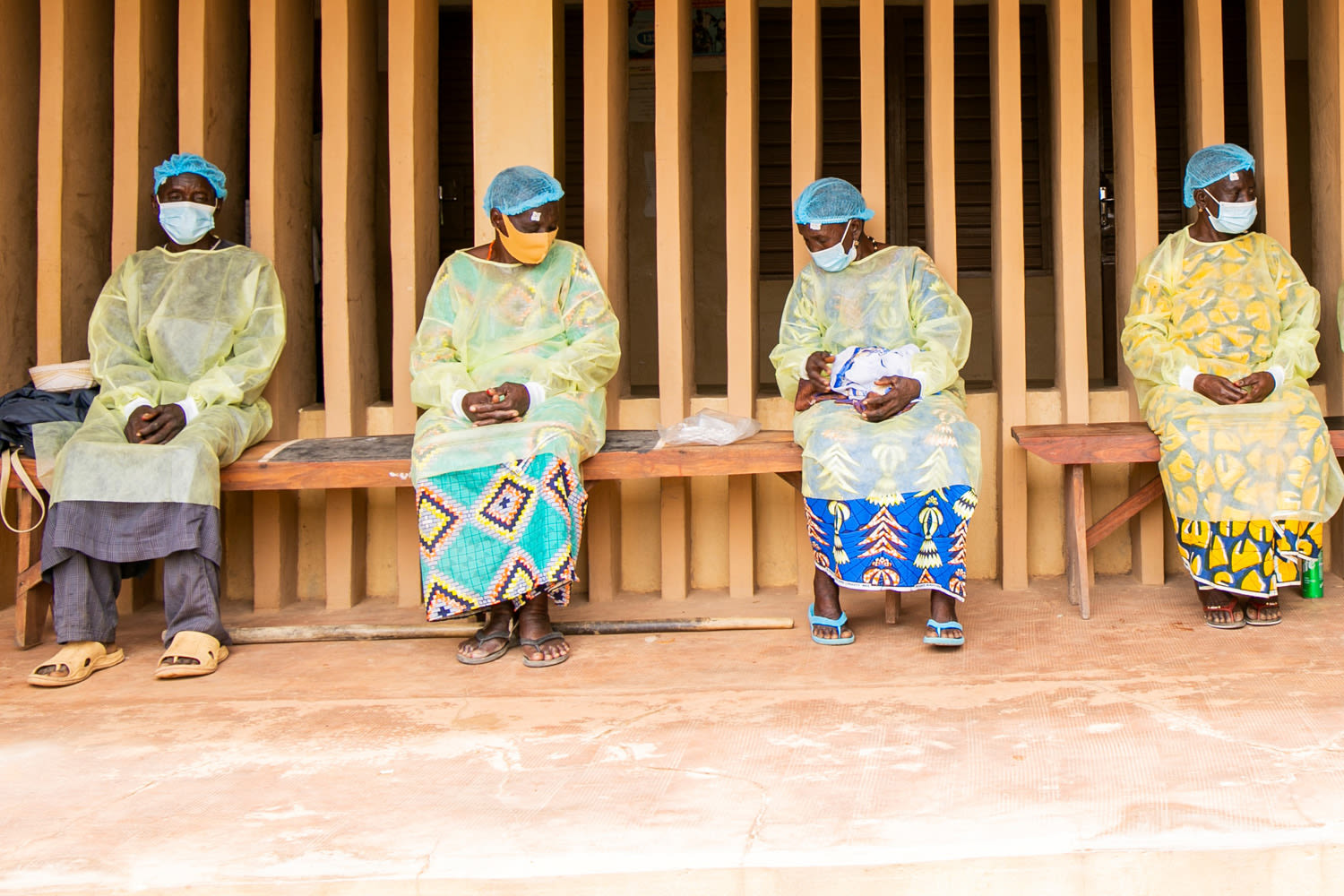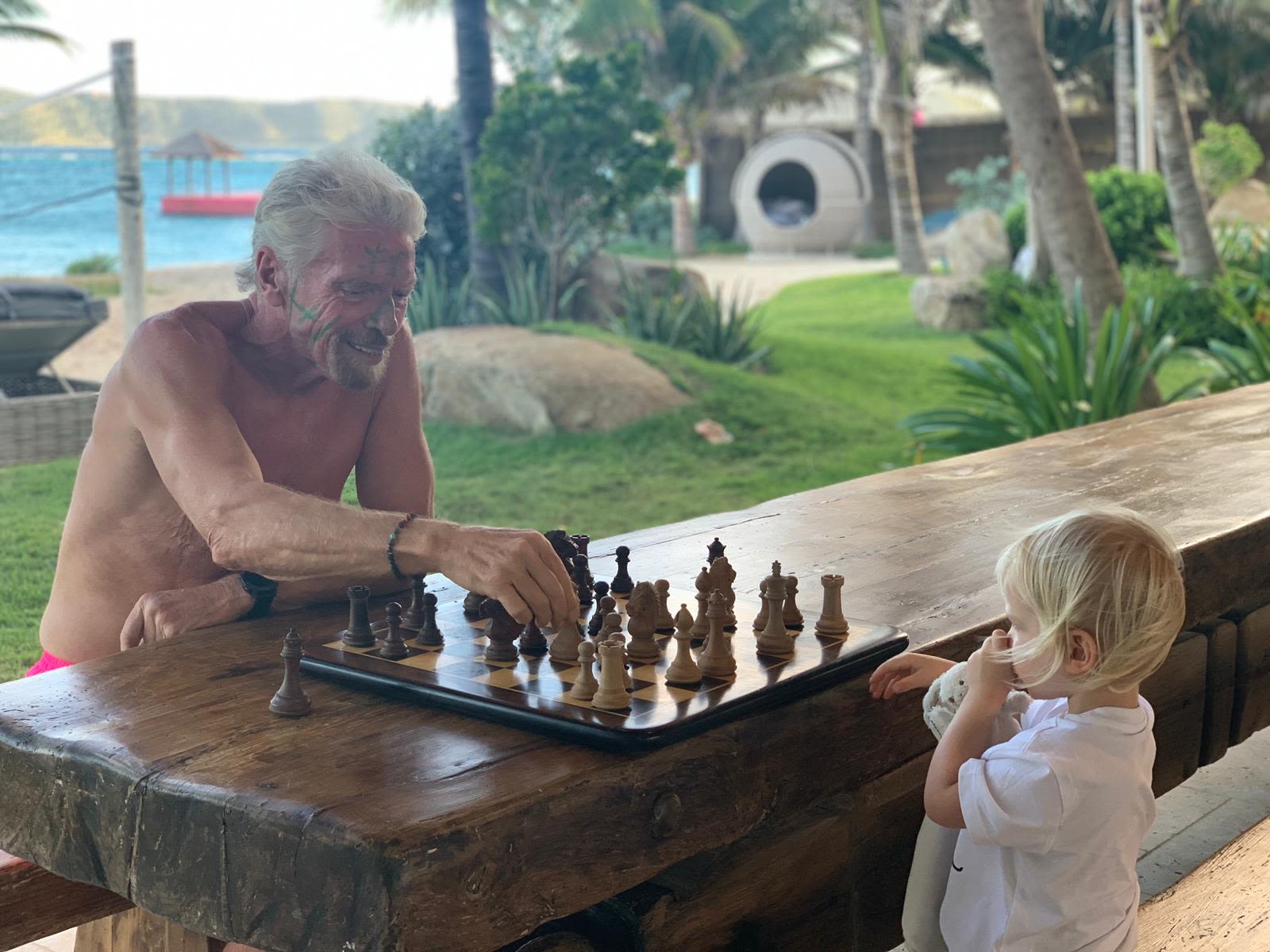The human capacity for kindness
What’s the most inspiring book you’ve ever read? Humankind: A Hopeful History by Rutger Bregman is up there for me.
I’ve always been a natural optimist. It’s a trait I suppose I inherited from my dad, whosecatchphrase in life was: “Isn’t life wonderful?” Humankind struck a big chord with me, after my son Sam recommended it to me, because it is a book full of hope. Bregman explores key events of human history and their previous scholarly interpretations, and then reaches far more optimistic conclusions that we rarely get to hear. The unknown heroes and the rebels with a cause. The book reminds us to see the best in people and in situations, instead of assuming the worst. It also highlights that if we constantly expect the worst in others and in ourselves, we bring out the worst sides of humankind.
Challenging the idea that we are inherently selfish, innately malicious or immoral, Bregman seeks to show that all humans, on balance, are good people with capacity for kindness. In some cases, he argues, people are corrupted by power, or, as Hannah Arendt expressed it, tempted by “evil masquerading as good” – with catastrophic results. But in the same way that fear and propaganda can be contagious, Bregman writes, so are hope and kindness.
The book also shows that resisting questionable authority is a trainable skill, and one we should all practice. The brave women and girls in Iran, who are risking their lives to resist a repressive regime are one shining example. The people of Ukraine who are resisting Putin’s violent invasion is another example of powerful resistance. We must continue to support their defiance.
I was particularly moved by one analogy in the book, which showed just how much progress we’ve made in the past few centuries. As Bregman wrote: “If you take the history of civilisation and clock it over 24 hours, the first 23 hours and 45 minutes would be sheer misery. Only the final 15 minutes would civil society start to look like a good idea. In those final five minutes we’ve stamped out most infectious diseases. Vaccines now save more lives each year than would have been spared if we’d had world peace for the entire 20th century.”
I have always loved former Chinese premier Zhou Enlai’s assessment of the impact of the French Revolution nearly two centuries earlier - “Too early to say.” While we should of course focus on the here and now, we must not forget the long-term either.
Bregman also listed other advances of note, including the reduction of extreme poverty, the abolition of slavery, and the fact that we’ve entered the most peaceful age in recorded history – even if it doesn’t feel that way right now. When you start to lose faith in humanity, sometimes you do need to zoom out to see how far we’ve come.
Of course, we aren’t living in a utopia, and we face existential threats that cannot be ignored. From an ecological crisis to nuclear weapons and cyber warfare – this book doesn’t ignore the gravity of these issues, but it highlights our capacity to solve them. One caveat is that we must all work together and we mustn’t undermine ourselves and each other. The book also highlights that we need to break free from our standardised approach of education and limited metrics of success. Instead, society needs to value freedom and creativity. We need to get to a society where play is encouraged and where rules are questioned. We need an education system where children become autonomous, creative, resilient, motivated, and engaged citizens. As Bregman argued:
We need to address the shortages of what makes life meaningful.
Business leaders and managers need to give their employees more trust and freedom too. In a conversation with Bregman, Dutch CEO Jos de Block said: “Managing is bull****. Just let people do their job.” Jos also stressed how easily it is for leaders and managers to become out of touch: “Managers tend to band together. They set up all kinds of courses and conferences where they tell each other they’re doing things right.” I’ve always disliked this, and I’ve always said you’ve got to walk the walk and get out there as a leader. On top of this, managers need to fight the urge to make things complicated in the hope of looking more important. As de Block said: "It’s easy to make things hard, but hard to make them easy."
Reading through all the remarkable stories of progress in Humankind reminded me of the feeling I had on the day I went to space. As I said at the time: “I was once a child with a dream looking up to the stars. Now I'm an adult in a spaceship looking down to our beautiful Earth. To the next generation of dreamers: if we can do this, just imagine what you can do". If we’ve made as much progress as we have in the past 15 minutes of civilisation, just imagine…
Bregman closes the book with his most important rule to live by: “So be realistic. Be courageous. Be true to your nature and offer your trust. Do good in broad daylight, and don’t be afraid of your generosity. You may be dismissed as gullible or naïve at first. But remember, what’s naïve today may be common sense tomorrow.” Hear, hear.









